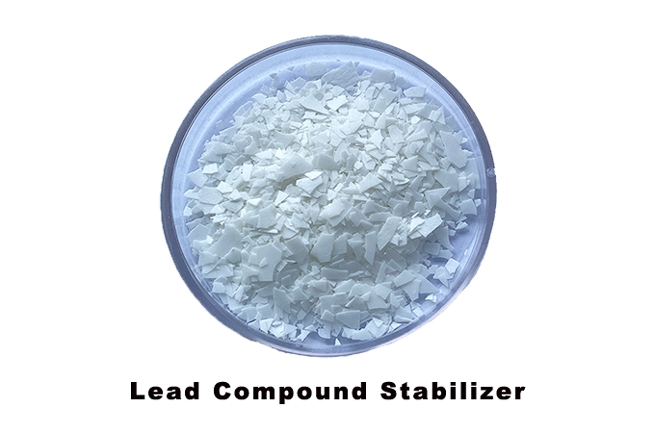In the realm of polyvinyl chloride (PVC) processing, PVC Ca/Zn stabilizer has emerged as a vital component that not only enhances the performance of PVC products but also ensures their safety for a wide range of applications. This stabilizer, a blend of calcium, zinc salts, lubricants, and antioxidants, is crafted through a unique composite processing technique.
PVC Ca/Zn stabilizer offers an excellent alternative to harmful stabilizers like lead and cadmium salts, as well as organotin compounds. Its remarkable heat resistance, light stability, transparency, and tinting ability make it a standout choice for PVC resin products. Its processing characteristics and thermal stability are comparable to those of lead-based stabilizers, yet it offers the advantage of being non-toxic.
The physical form of PVC Ca/Zn stabilizer can vary, appearing as a white powder, granules, or paste. The powdered form is particularly popular as a non-toxic PVC stabilizer, finding widespread use in food packaging, medical equipment, and wire and cable materials. In China, PVC Ca/Zn stabilizers specifically designed for rigid piping have also been developed.
However, the substitution of PVC Ca/Zn stabilizer for lead-based stabilizers is not without its challenges. Traditional PVC production equipment was designed to accommodate the use of lead-based stabilizers. Even with the addition of sufficient lubricants, it can be difficult to prevent the further melting of the epoxy resin within the allotted time frame. This disrupts the existing lubrication balance, leading to excessive consumption of thermal stabilizers in the homogenization stage of the PVC melt. As a result, the desired viscosity and elasticity for rigid PVC production may not be achieved. Addressing these issues is crucial for the successful application of PVC Ca/Zn stabilizers.
To enhance the wettability of PVC Ca/Zn stabilizers and improve extrusion rates, lubricant modifications are necessary. Traditionally, lubricants used in this industry are primarily low-molecular-weight waxes and polyethers. While these lubricants provide excellent lubrication and meet the requirements of most applications, they can cause surface contamination and stickiness over time in applications that involve close contact with the human body, such as furniture edge banding. Furthermore, the use of low-molecular-weight lubricants is limited by their addition amounts, as excessive addition can lead to increased surface contamination.
To address these issues, our company has developed a high-efficiency lubricant, silicon wax, which exhibits low melting points, excellent wettability, and no surface contamination. Its lubrication effect can be achieved with minimal addition amounts, comparable to that of regular waxes. The key advantage of this lubricant is its non-contamination property, which not only enhances processing speeds and productivity but also improves the overall quality of the finished product.
In conclusion, PVC Ca/Zn stabilizer is a vital component in PVC processing that offers superior performance and safety. Its unique composition and properties make it a suitable replacement for harmful stabilizers while addressing the challenges associated with traditional PVC production equipment. With the development of innovative lubricants like silicon wax, the application of PVC Ca/Zn stabilizers is poised to expand further, enhancing the quality and efficiency of PVC products across various industries.

